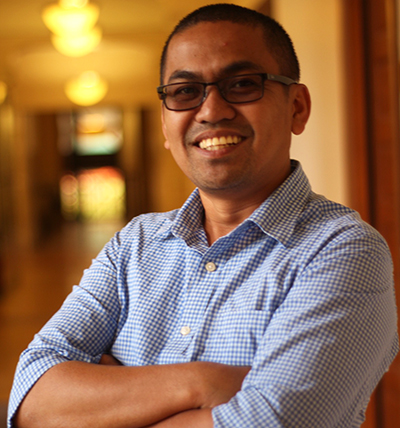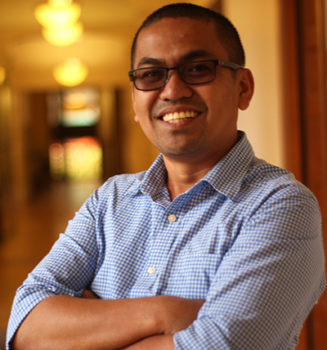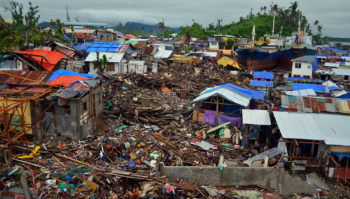Arlan Brucal

Arlan’s research focuses on evaluating the impact of public policies, including energy taxes, on the adoption of energy-efficiency technologies by households and manufacturing companies.
Background
Arlan completed his PhD in Economics at the University of Hawaiʻi at Mānoa. He completed an MA and BS in Economics at the University of the Philippines. Prior to pursuing his PhD Arlan was employed by Nathan Associates, Inc. and the Asian Development Bank. Arlan also taught undergraduate economics and statistics in Hawai`i and in the Philippines.
Research interests
- Public policies on energy efficiency technologies
- International trade, foreign direct investments and firm-level environmental performance
- Climate change and household adaptation
- Alternative power pricing schemes
Research
Research - 2021
The analysis in this paper indicates that electricity prices demonstrate downward rigidity and statistically significant upward adjustments for the utilities subject to revenue decoupling. Read more

Research - 2019
This paper examines the link between extreme weather events and national aid and transfers in the Philippines between 1992 and... Read more

The link between foreign ownership and environmental performance remains a controversial issue. This paper contributes to our understanding of this... Read more

This paper examines whether energy efficiency standards influence consumer welfare. Read more

This paper examines the role of power prices on deindustrialization. Read more

Research - 2018
The authors of this paper aim to illuminate how high power prices can exacerbate premature deindustrialisation, using data from 33 countries and regional data from the Philippines. Read more

To provide analysis that could give guidance on the effects of revenue decoupling in the electricity sector, the authors of this paper developed a simple model that allows them to assess the welfare implications of revenue decoupling, which they investigated for each American state. Read more

As sea levels rise with climate change there is pressure to protect the coast but while individual properties may benefit from seawalls, neighbouring properties may experience negative effects due, for example, to accelerated beach loss. This paper investigates the impacts of seawalls on property values in San Diego and Santa Cruz. Read more

Using data from Indonesia, this study concludes that FDI can serve as a channel for international transfer of environmentally-friendly technologies and practices, thus directly contributing to environmental progress. Read more

Research - 2017
How do energy efficiency standards affect consumer welfare? To answer this question the authors look at how these standards have... Read more

Policy
Policy - 2020
The Philippines is highly exposed to natural hazards including typhoons. This report, finding that financial aid tends to be heavily focused on response to hazards rather than preparedness and resilience, investigates why further disaster risk policy intervention may be required at the local level and provides guidance to policymakers. Read more

Policy - 2018
This special report for the LSE Growth Commission shows why it is sensible for environmental sustainability to be at the heart of the UK’s growth strategy and how this can be achieved, setting out recommendations for government across the areas of innovation, infrastructure, skills and cities. Read more

News
News - 2019
The authors of this article argue that foreign direct investment can serve as a channel for the international transfer of environmentally friendly technologies and practices, thus directly contributing not only to economic growth but also to environmental progress. Read more

News - 2018
Foreign direct investment can be a channel for the transfer of environmentally-friendly technologies, writes Arlan Brucal in LSE Business Review Read more

News - 2017
While President Trump’s stance on climate change is somewhat confused, it is no surprise that during his presidency he has... Read more


